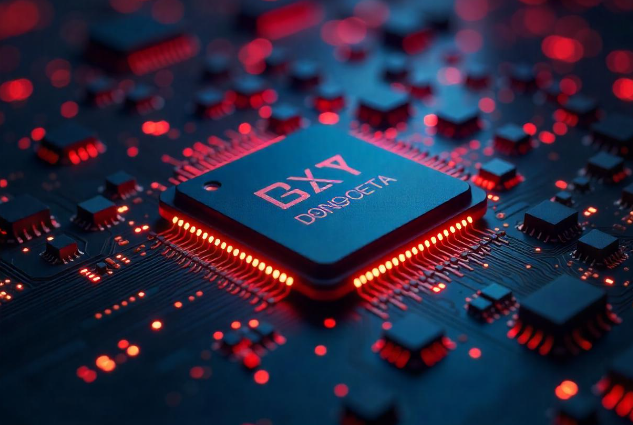Supreme Court to Decide on Trump's Power to Dismiss
The battle between executive authority and judicial constraints escalates as President Trump seeks the Supreme Court's intervention to affirm his power to dismiss federal officials.
Published February 18, 2025 - 00:02am

Image recovered from myjoyonline.com
In a dramatic showdown that could redefine the boundaries of executive authority in the United States, President Donald Trump has embarked on a legal battle that tests his administration's power to dismiss federal officials. This contentious issue has now reached the country's highest court with significant implications for the separation of powers.
The focal point of this legal saga is the dismissal of Hampton Dellinger, head of the U.S. Office of Special Counsel, a position he assumed during former President Joe Biden's tenure. Dellinger's role was primarily centered around whistleblower protection, an agency designed to guard federal employees reporting governmental misconduct.
President Trump, in a bid to streamline and redefine the federal workforce, executed a sweeping effort to remove what he deems unnecessary bureaucratic layers. The firing spree, which reportedly included more than 9,500 workers, has been met with staunch resistance and legal challenges from personnel dismissed under this initiative. Amongst those targeted was Dellinger, whose removal has sparked a high-profile confrontation with the Trump administration escalating the matter to the Supreme Court.
With the urgency underscored by the Trump administration's filing, which was signed by Acting Solicitor General Sarah M. Harris, the government argues against what it perceives as judicial overreach. The administration contends that the restraining orders imposed by lower courts infringe upon executive powers by mandating the retention of officials against the President's wishes, thereby disrupting the administration's agenda.
The legal argument hinges on the perceived constitutional protections that insulate agency heads like Dellinger from at-will dismissal, unless there is just cause such as malfeasance or inefficiency. This legislative safeguard is being vigorously defended by Dellinger and his legal team as a necessary check on executive power, ensuring non-partisan oversight within independent agencies.
However, the Trump's administration views this constraint on presidential authority as an impediment to effective governance, citing a need for pliable and proactive leadership adaptable to the changing needs and directives of executive policy-making priorities.
The decision by a federal court to reinstate Dellinger, which was later upheld by the Court of Appeals, is seen by the Trump team as an unprecedented assault on executive autonomy. An appeal was promptly filed, labeling the original ruling a dire affront to presidential prerogatives.
The Supreme Court's forthcoming judgment will not merely decide the fate of one official but potentially rewrite the parameters of presidential authority, particularly around the dismissal of high-ranking officials. Legal experts suggest that a ruling favoring Trump could fortify the president's capacity to execute personnel changes across several independent agencies, a move that could lead to broader ramifications in the administrative practices of future presidencies.
While supporters argue such changes are essential for efficient governance, critics warn that they may compromise the independence of agencies designed to function without direct political influence. The composition of the Supreme Court, with three of its nine justices appointed by Trump during his first presidency, adds another layer of complexity to the outcome, stirring debates about judicial impartiality amid political undertones.
As the nation awaits the Court's decision, stakeholders from various political and legal spheres will be watching closely. The ruling, expected towards the end of the Court's current session, could mark a seminal moment that defines the scope and limit of presidential powers in a modern context.






